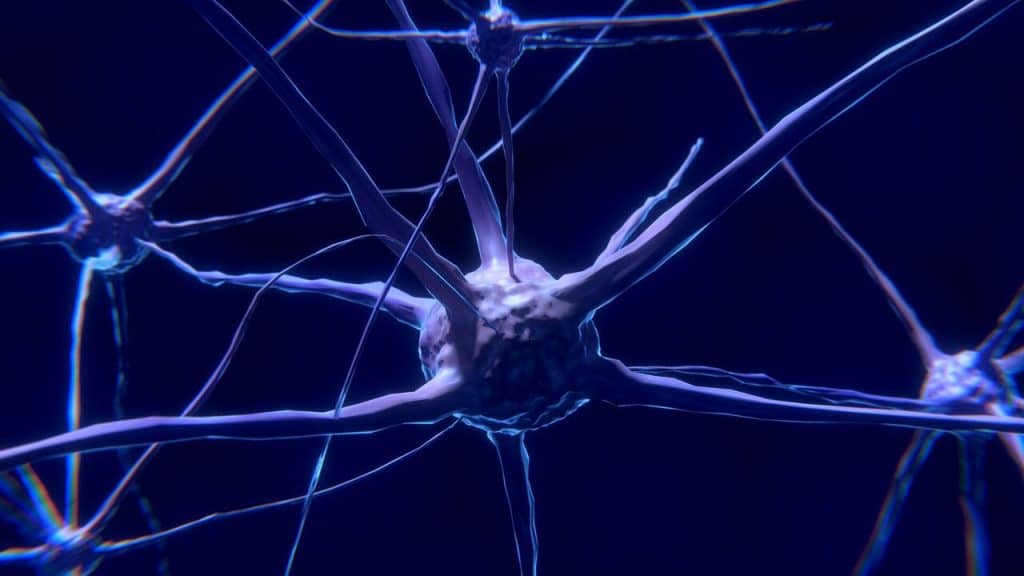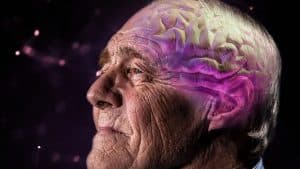We know dementia is a condition affecting the brain, right? It makes a lot of sense that it’s caused by neurons malfunctioning, but neurons aren’t the only cells in the brain. Although they are important, we can’t dismiss the astrocytes that sit alongside them. New research is starting to explore just what the relationship may be between astrocytes and cognitive decline (https://longevity.technology/news/astrocyte-dysfunction-causes-cognitive-decline-new-research-shows/).
Astrocytes are star-shaped cells found in both the brain and spinal cord. They help regulate the endothelial cells that make up the blood-brain barrier, maintain blood flow in the brain, supply the nervous tissue with nutrients, and help repair the brain and spinal cord if they are injured or suffering from infection. They’re also closely linked to our cholesterol levels.
In the latest study, conducted at Weill Cornell Medicine, researchers investigated the astrocytes of recently deceased people diagnosed with Alzheimer’s or frontotemporal dementia. They did this by examining brain tissue. They found that a protein called TDP-43 accumulated in the astrocytes of one of the areas of the brain most important for memory, the hippocampus.
They then conducted some studies on mice, plus lab-grown brain cells. They found that high TDP-43 was enough to significantly impair memory, but it couldn’t explain the other changes in cognition and behavior that are often found in dementia.
Further investigation of the astrocytes found that they were also full of excessive amounts of chemokines, immune messengers that can trigger CXCR3 receptors. These receptors are associated with infiltrating immune cells, but the researchers realized that when they were heightened in the neurons of the hippocampus, they led to the neurons becoming hyperactive. This was also linked to memory loss.
This helped the researchers identify potential pathways for treatment, such as drugs that can block CXCR3. CXCR3 blockers do already exist and are currently being tested as an arthritis medication. Arthritis is associated with inflammation, just like dementia.
Further paths of research include whether TDP-43 influences astrocytes in their antiviral function. Alzheimer’s has previously been connected to viral infections and gene expression in the brain, and this study found high levels of antiviral activity despite no actual virus.
With dementia being increasingly common and its impact so devastating, better understanding and improved treatment are vital. A full exploration of the effects of astrocytes may reveal another potential way that we can minimize cognitive decline.




